
The Ministry of Home Affairs is seeking comments on the draft Law on Cadres and Civil Servants (amended), which will be submitted to the National Assembly at the session next May.
From the experience of other countries in building civil servant laws, the Ministry of Home Affairs makes a number of recommendations for amending Vietnam's Law on Cadres and Civil Servants.
According to the Ministry of the Interior, countries are very concerned about the right to rest of civil servants with a very high number of days off. In some countries, if civil servants do not take all the prescribed days off in a year, they will accumulate and use them throughout their civil service career.
In particular, civil servants are entitled to maternity leave, childcare leave of up to 3 years or leave when adopting a child.
The Ministry of Home Affairs believes that Vietnam can consider adding regulations on days off, with the following purposes: Solving personal matters (doing administrative procedures for real estate, driving licenses, going to the doctor, etc.); extending maternity leave; adopting children; taking care of sick children, parents, and siblings; participating in social activities.
Regarding working regime, in the context of information technology development, building digital government, digital administration and digital citizens, the Ministry of Home Affairs proposes to consider allowing some civil servants to work part-time, work remotely, focusing on work efficiency.
This working regime can be applied to some special jobs that do not require public reception; civil servants who have to take care of young children, sick elderly parents, and expensive housing conditions in central areas.
According to the Ministry of Home Affairs, remote working helps agencies and units reduce costs for lighting, air conditioning, machinery, and offices. On the other hand, civil servants also have the conditions to take care of their families and work flexibly.
In addition, according to research by the Ministry of the Interior, countries often have very specific and clear requirements regarding political and ethical qualities for civil servants. For example, in the US or Japan, civil servants must swear allegiance to the interests of the Fatherland and obey the law when taking office.
Thailand and New Zealand require civil servants to be politically neutral. Once a civil servant becomes a civil servant, he or she cannot concurrently hold a position in an elected body or political organization.
Therefore, the Ministry of Home Affairs proposes that when regulating conditions and standards for recruiting Vietnamese civil servants, they should be specific, clear, and measurable (especially requirements on political qualities and ethics).
In addition, Vietnam needs to develop and promulgate regulations on public ethics and communication and behavioral standards as a basis for disciplining civil servants who violate these issues while performing their duties; focus on the professionalism of civil servants, and limit the situation of civil servants holding concurrent positions in elected bodies to ensure objectivity in the working process.
VN (according to Vietnamnet)Source: https://baohaiduong.vn/de-xuat-cho-cong-chuc-lam-viec-tu-xa-tang-che-do-nghi-phep-408970.html





![[Photo] President Luong Cuong presided over the welcoming ceremony and held talks with Sri Lankan President Anura Kumara Dissanayaka](https://vphoto.vietnam.vn/thumb/1200x675/vietnam/resource/IMAGE/2025/5/5/bbb34e48c0194f2e81f59748df3f21c7)
![[Photo] Solemn opening of the 9th Session, 15th National Assembly](https://vphoto.vietnam.vn/thumb/1200x675/vietnam/resource/IMAGE/2025/5/5/ad3b9de4debc46efb4a0e04db0295ad8)












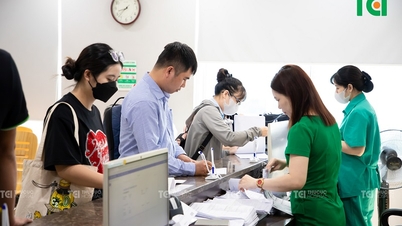



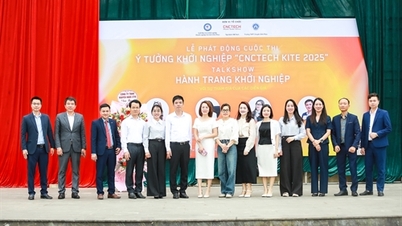

![[Photo] National Assembly delegates visit President Ho Chi Minh's Mausoleum](https://vphoto.vietnam.vn/thumb/1200x675/vietnam/resource/IMAGE/2025/5/5/9c1b8b0a0c264b84a43b60d30df48f75)


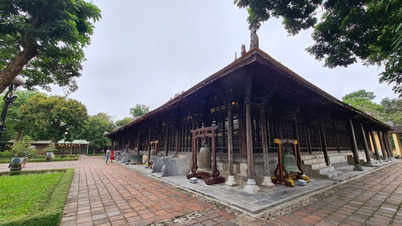










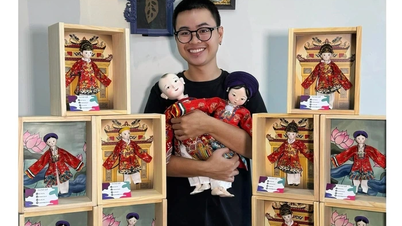




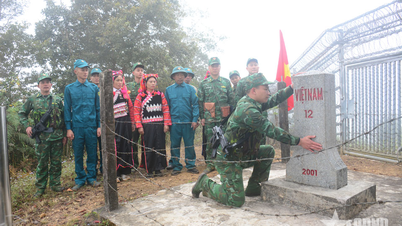

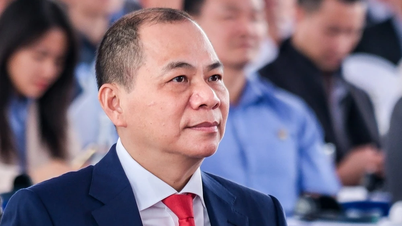









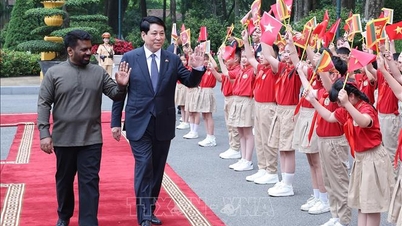

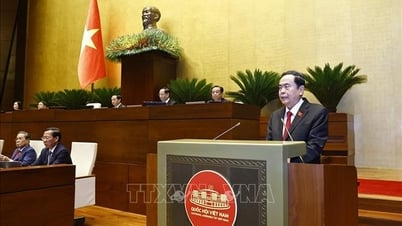
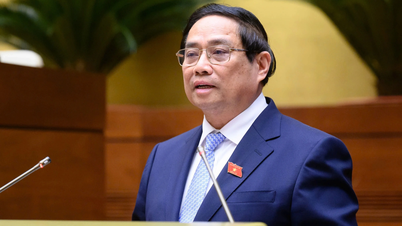
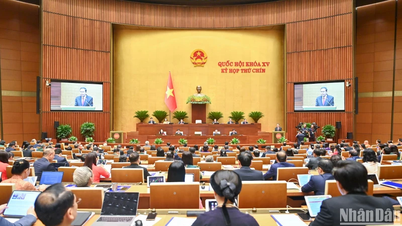


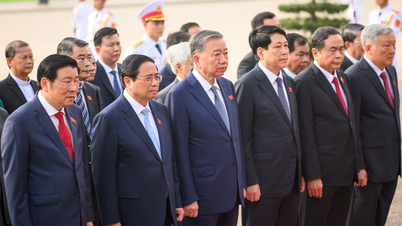





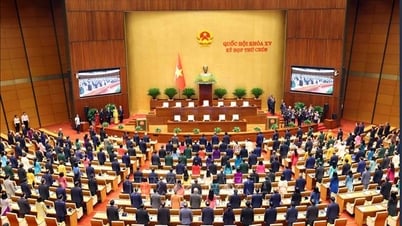









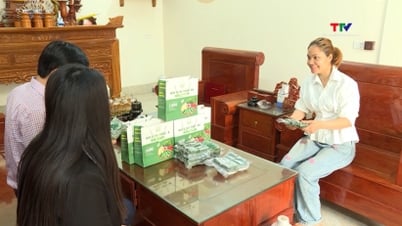










Comment (0)